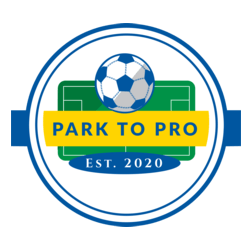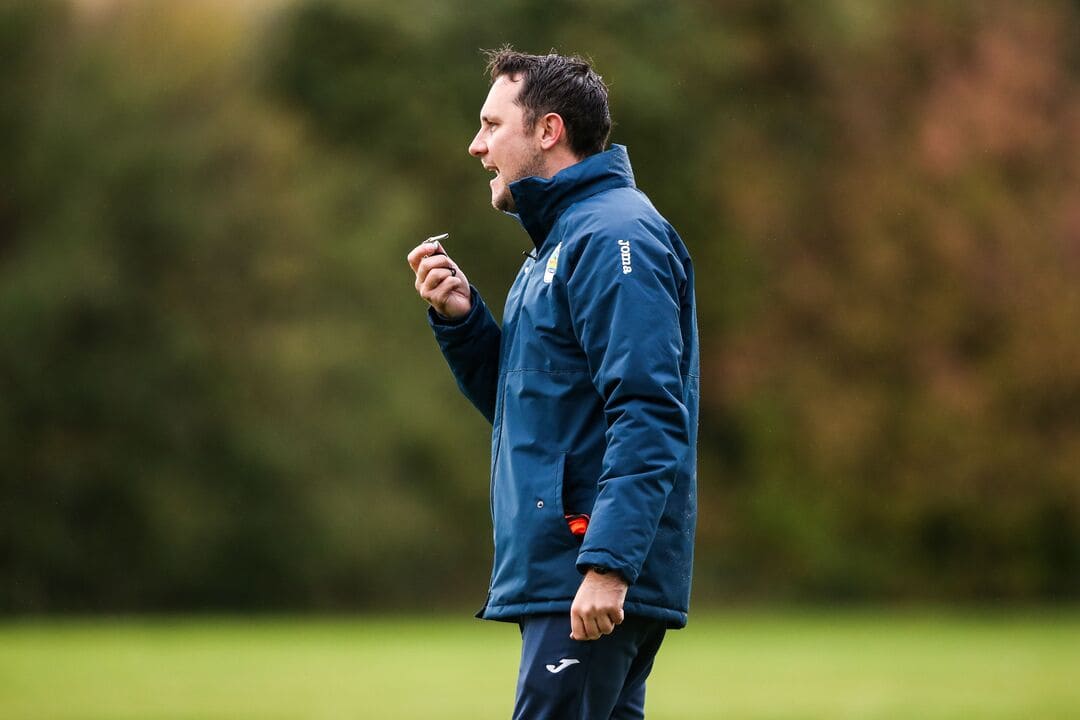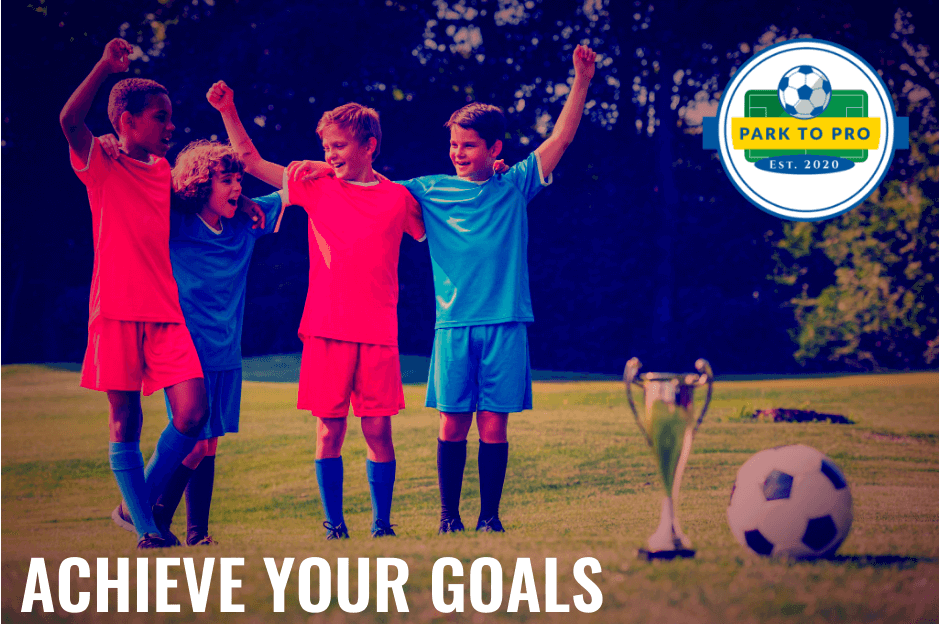Last week, I detailed my journey on the pathway to receiving my UEFA A License. While this journey had many positives, there were also times when things got tricky and challenging (as expected). I’m going to outline a number of the key areas, that I feel each coach could benefit from, if they know more for their own journey.
Having players to work with
When you register for your desired course, you’ll be required to travel to a destination, as arranged by the respective FA. Once you arrive, you’ll participate in a course with mixed theory and practical sessions (the workload will vary, dependant on the badge that you take). In previous years, you would have to participate in the coaching sessions, so that your fellow coaches can attempt to execute, what is required. On the UEFA licenses, my understanding is that you now have players to work with, which allows you to solely focus on coaching and not to worry about playing.
Once the course has concluded, you will be expected to go back to your respective club and practice the coaching process, that you would hopefully have been shown.
One important thing to note here, is that you have to have players to work with. Regardless of ability and if they are ‘poor’, this is better than having nothing to work with. If you are unable to practice regularly and make mistakes, how do you think you’ll improve? While the process will allow you to evolve, you will have time constraints from the course regulator in completing the qualification.
Learnings – Get on the grass as soon as possible, be adaptable and make mistakes.
Forming relationships with the coach educators and fellow delegates
For the next 4 weeks or 12 months (dependant on your course), you’ll be brushing shoulders with males and females of different ages, from different back grounds and at different clubs.
The only thing you will have in common with these people, is that you are either on the same learning journey, or you are learning from someone.
Coach educators – Learn as much as you can and question everything they say. This isn’t to cause yourself problems, merely for the purpose of gaining knowledge and to further your own understanding. When the educator is demonstrating in a coaching session, don’t scribble notes down on ‘how’ they do it. Zoom out and look at ‘what’ they are coaching. Consider the interventions they make and ask yourself, does this look like football and are the players learning?
Fellow delegates – These people will be on the same journey, so don’t isolate yourself. Build relationships, be approachable and ask questions. When in this process, the power of reflection will be hugely important. Each coach is different and has his/her own way of applying the art of coaching, so they will be different. This is beneficial as you may see/hear something that will give you a pop up, that should NOT go to waste. Write it down and reflect on it afterwards…..
Learnings – Be open to conversation, feedback where needed and have 3 questions that you can use to fuel a topic and engage with someone further.
Expect criticism
We all strive to get better and want to be a success, in completing our coaching badge. That’s why we registered in the first place and have attended the required dates. Our brains work on craving compliments and experiencing as many dopamine hits as possible. When we receive some feedback that we don’t expect or like, or conscious wall will get provoked and come into action. This acts like a barrier at times and can prevent you from listening to the message and instead, have negative feelings towards the messenger. This isn’t good practice and something you should strive to correct, if you think like this.
During the course, there will be bumps along the way and a session that will not go to plan. This is a fact and to be expected, as you aren’t yet at the competency level, that the coach educator so desires. Instead, you are taking small steps to achieve this competency level, so mistakes will unfortunately happen.
Accept the feedback that you are given and use this as a learning opportunity. Without it, you won’t improve.
Learnings – Have an ‘open’ loop brain, opposed to a ‘closed’ loop brain. Failure, mistakes and poor execution of actions, will allow you to improve in the future. Purchase this book, to learn more; https://www.amazon.co.uk/Black-Box-Thinking-Performance-Surprising/dp/1473613809/ref=sr_1_1?keywords=black+box+thinking&qid=1648632252&sr=8-1
Differentiating between the what the how
One of the biggest takeaways I learnt from my coaching journey was the understanding between the what and the how. What is football? How is football played?
If I had known, what I know now, I feel I could’ve taken a lot more from my journey.
The what – This is universal and isn’t widely (or wasn’t) explained during my journey. Understanding exactly what the game is, is of the highest importance, because if you don’t know ‘what’ something is, how do you expect players to understand what it is? Remove all opinions from this and look hard at the facts.
The how – This your application as a coach and ‘how’ the game is played. There are infinite different ways, in how you can set up your team and execute the desired decisions of the coach.
From my experiences previously, I was shown a lot on how to play the game and not necessarily the what. There were many interventions over the years, that just focused on how the player should pass the ball or how she should defend 1 vs 1. One thing that was missing, is the process that a coach should use in actually coaching these players. The what is vital, as that is what the game is. The how is down to the players, as they are the decision makers.
Learnings – Look at football through a philosophical lens where possible and try to understand that the how, will always be someone’s execution.
The ‘bar’ that’s set
When starting your respective course, the anticipation builds and the expectations you have, will vary depending on what you think. By merely expecting an outcome, you are playing out different scenarios in your brain, that may/may not help you.
Once you get underway the expectations are outlined and an end goal is created. For you to achieve this goal you have to make many little steps, in order to achieve the final objective.
During my journey I did realise that there are at times, coaches who find things challenging. I was part of this on more than one occasion, but it’s how you react and embrace the challenge that will make you a better coach. For those that aren’t able to display the required competency levels, things may get tough and frustrating. Towards the course conclusion, there will be a required task to undertake, as to whether you have demonstrated what is required.
One question to consider when you’re on your own journey, is to recognise where the bar is set during your course? Is it high and are you expected to work towards this? Or, does it start high, then get lowered to the weakest link, to ensure everyone ‘passes’ at the end?
Learnings – Surround yourself with like minded coaches where possible and always strive to get better. By doing this, you’ll be giving yourself the best chance in reaching the highest bar.
Filming and recording yourself in action
The power of self reflection, is something I’m a strong advocate of and would encourage any coach to undertake. While listening and watching yourself may not be for everyone, it can give you the opportunity to recognise where your faults may lie and if your communication isn’t as clear, as you originally thought.
By filming yourself, you’ll be able to observe non-verbal communication and what position you take on the field for example.
The verbal recording can then align with this footage and provide you with an objective opportunity, to analyse your performance.
On the first couple of occasions, this will seem very uncomfortable, but I’d encourage you to zoom out and focus on what you are doing and how you are executing this.
Learnings – Use any video software that could be available to you, such as Veo. Audio recordings can be made on applications, such as ‘Otter’, available from the app store.
The hours you will need
Coaching is a job that (sometimes) involves unsociable hours. Before stepping into this profession, whether you are a volunteer or professional, you should always be prepared to dedicate many hours to perfect your craft. While no one will ever reach, ‘perfection’, allocating time will give you a much better chance in getting better.
On the field, you will be required to be present, from anything between 30 – 90 minutes (dependant on your level). Before this, you should’ve planned, with an evaluation following afterwards, meaning more time that is allocated to coaching. Time is key in this profession and if not respected, you could find yourself doing more than you need to. Alternatively, if you don’t use it appropriately in planning/evaluating, you may not get as far as you wish too.
Learnings – Being organised is something that you should be, in everyday life. When you’re coaching, you are performing and executing coaching actions, that can have different outcomes. The old cliche of, failing to plan – planning to fail, is most relevant here.
Learning never stops
Finally, once you reach your goals that you set out for on your journey, you should sit down and revaluate them. Having steps (even if they are small) in place, to guide you to bigger goals is key in any type of progression. Keep looking for those uncomfortable moments and opportunities that you may struggle with. You will only improve and get better, by making errors, reflecting and then trying again.
Learnings – Be open minded and never discount anything that anyone has to say or discuss. Whether speaking to coaches or managers from the top level, as well as grass roots coaches from your local club, everyone has there own unique journey and one that could help you improve.


